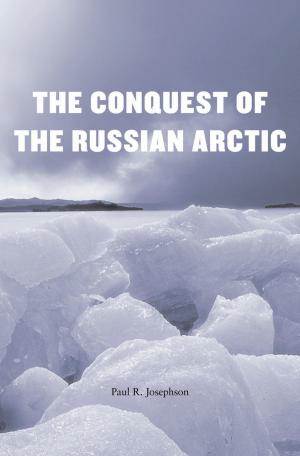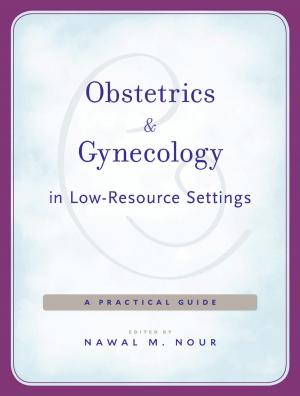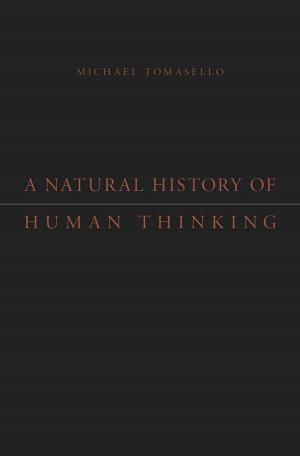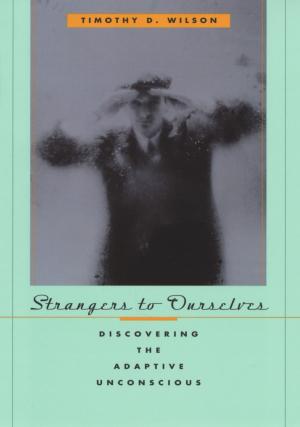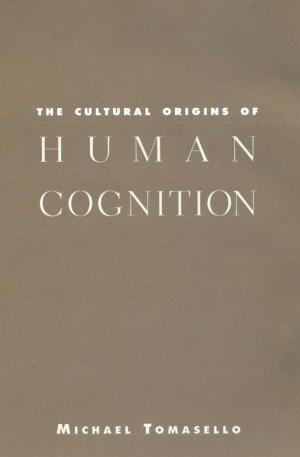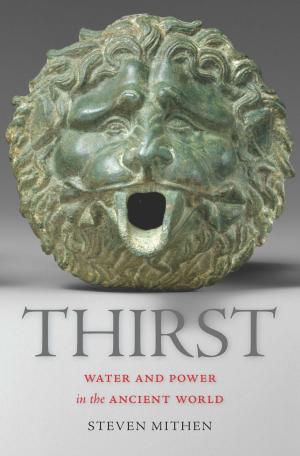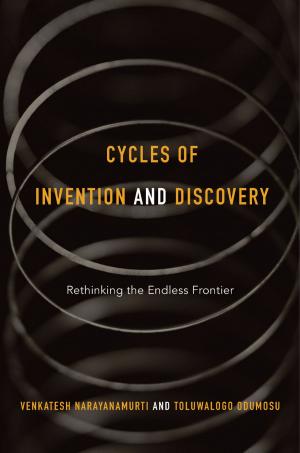Harvard University Press imprint: 1080 books
by Thomas Römer
Language: English
Release Date: November 4, 2015
Language: English
Release Date: November 4, 2015
Who invented God? When, why, and where? Thomas Römer seeks to answer these enigmatic questions about the deity of the great monotheisms—Yhwh, God, or Allah—by tracing Israelite beliefs and their context from the Bronze Age to the end of the Old Testament period in the third century BCE, in a masterpiece of detective work and exposition.
by Paul R. Josephson
Language: English
Release Date: June 9, 2014
Language: English
Release Date: June 9, 2014
Spanning nine time zones, the Russian Arctic was mostly unexplored before the twentieth century. Paul Josephson describes the massive effort under Stalin to assimilate the Arctic into the Soviet empire--effects still being felt today, as Putin redoubles efforts to secure the Arctic, which he sees as key to Russia's economic and military status.
by
Language: English
Release Date: November 7, 2016
Language: English
Release Date: November 7, 2016
Obstetrics and Gynecology in Low-Resource Settings provides practical guidelines for ensuring quality care to women in locations where facilities are inadequate, equipment and medications are in short supply, and medical staff are few. This reference will be an essential companion to health care providers throughout the world.
Bioluminescence
Living Lights, Lights for Living
Language: English
Release Date: February 14, 2013
Bioluminescence is everywhere on earth—most of all in the ocean, from angler fish in the depths to flashing dinoflagellates at the surface. Wilson and Hastings explore the natural history, evolution, and biochemistry of the diverse array of organisms that emit light and offer an evolutionary explanation for their sporadic distribution and rarity.
by Christian Joppke
Language: English
Release Date: April 1, 2013
Language: English
Release Date: April 1, 2013
Christian Joppke and John Torpey show how four liberal democracies—France, Germany, Canada, and the U.S.—have responded to the challenge of integrating Muslim populations. Demonstrating the centrality of the legal system to this process, they argue that institutional barriers to integration are no greater on one side of the Atlantic than the other.
by Michael Tomasello
Language: English
Release Date: February 17, 2014
Language: English
Release Date: February 17, 2014
Tool-making or culture, language or religious belief: ever since Darwin, thinkers have struggled to identify what fundamentally differentiates human beings from other animals. Michael Tomasello weaves his twenty years of comparative studies of humans and great apes into a compelling argument that...
The Fragile Wisdom
An Evolutionary View on Women's Biology and Health
Language: English
Release Date: January 14, 2013
Women’s physiology evolved to aid reproduction, not to reduce disease. Any trait—however detrimental to post-reproductive health—is preserved in the next generation if it increases the chances of having offspring who will survive and reproduce. For this reason, the author argues, many common diseases are especially difficult for women to prevent.
Superbugs
An Arms Race against Bacteria
Language: English
Release Date: April 9, 2018
Antibiotics are powerful drugs that can prevent and treat infections, but they are becoming less effective as a result of drug resistance. Resistance develops because the bacteria that antibiotics target can evolve ways to defend themselves against these drugs. When antibiotics fail, there is very...
Strangers to Ourselves
Discovering the Adaptive Unconscious
Language: English
Release Date: May 15, 2004
"Know thyself," a precept as old as Socrates, is still good advice. But is introspection the best path to self-knowledge? Wilson makes the case for better ways of discovering our unconscious selves. If you want to know who you are or what you feel or what you're like, Wilson advises, pay attention...
by Michael TOMASELLO
Language: English
Release Date: July 1, 2009
Language: English
Release Date: July 1, 2009
Bridging the gap between evolutionary theory and cultural psychology, Michael Tomasello argues that the roots of the human capacity for symbol-based culture are based in a cluster of uniquely human cognitive capacities. These include capacities for understanding that others have intentions of their...
Thirst
For Water and Power in the Ancient World
Language: English
Release Date: November 26, 2012
Freshwater shortages will affect 75% of the world’s population by 2050. Mithen puts this crisis into context by exploring 10,000 years of water management. Thirst tells of civilizations defeated by the water challenge, and of technological ingenuity that sustained communities in hostile environments. Work with nature, not against it, he advises.
by Venkatesh Narayanamurti
Language: English
Release Date: October 24, 2016
Language: English
Release Date: October 24, 2016
Using Nobel Prize–winning examples like the transistor, laser, and magnetic resonance imaging, Venky Narayanamurti and Tolu Odumosu explore the daily micro-practices of research and show that distinctions between the search for knowledge and creative problem solving break down when one pays attention to how pathbreaking research actually happens.
by Judy Diamond
Language: English
Release Date: April 9, 2013
Language: English
Release Date: April 9, 2013
Color can attract mates, intimidate enemies, and distract predators. But it can also conceal animals from detection. It is an adaptation to the visual features of the environment but also to the perceptual and cognitive capabilities of other organisms. Judy Diamond and Alan Bond reveal factors at work in the evolution of concealing coloration.
by
Language: English
Release Date: December 15, 2000
Language: English
Release Date: December 15, 2000
Managed care has radically reshaped health care in the United States, and private long-term psychotherapy is increasingly a thing of the past. The corporatization of mental health care often puts therapists in professional quandaries. How can they do the therapeutic work they were trained to do with...

